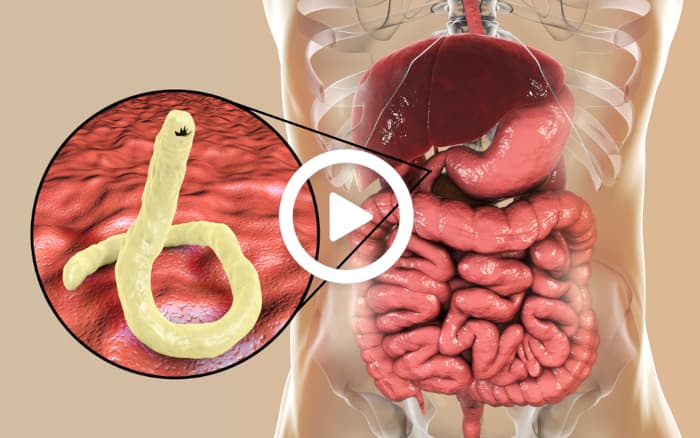Should You SPIKE Insulin on a Regular Basis? | Dr. Nadir Ali
In the realm of low-carb diets, particularly those advocating for high meat intake like ketogenic or carnivore diets, insulin often takes a demonized stance. However, the narrative isn't as straightforward. While reducing insulin can be beneficial in some scenarios, a nuanced understanding of insulin's role is vital, especially in individuals who have achieved a stable metabolic health.
Insulin is an anabolic hormone not only involved in storing fat but also in the synthesis of new protein, essential for cognitive functions like forming new memories. In a healthy metabolic state, it is crucial to not entirely suppress insulin. This allows insulin to fulfill its natural roles effectively.
For those on sustained low-carb diets, a critical issue emerges when insulin spikes become rare or diminished, and glucagon, a catabolic hormone, remains unchecked. Central to this discussion are the works of Dr. Roger Unger, who detailed the interplay between insulin and glucagon produced in the pancreas. During periods of glucose consumption, insulin spikes temporarily shut off glucagon. Without these spikes, glucagon prompts the breakdown of stored sugars and muscle protein, maintaining a catabolic state and hindering anabolic processes.
Prolonged insulin resistance can lead to ectopic fat deposits in organs such as the liver and heart, resulting in inflamed adipose tissues and lipotoxicity. This excess fat accelerates cellular aging and poses potential vascular degeneration threats, thus requiring careful dietary planning to mitigate such risks.
For individuals with poor metabolic health, a high fat intake initially is inadvisable. Instead, they should engage in a low-carb, high-protein, and low-fat regimen combined with fasting and exercise. Once metabolic health markers—like triglyceride levels, HDL, and LDL particle quality—indicate improvement, dietary fat reintroduction can be gradually considered.
- Reduction in triglycerides.
- Shift in LDL from small to larger, fluffy particles.
- Increase in HDL levels.
- Significant weight loss and lowered blood pressure.
From Around The Web
Wellness Inbox is a blog & weekly newsletter that curates trending news and products related to health and wellness from around the web. We also gather content from various sources, including leading health professionals, and deliver it directly to you.
Please note that we may receive compensation if you purchase any products featured in our newsletter. Wellness Inbox is not affiliated with, nor does it endorse, any health professionals whose content may appear in our newsletter. The information provided is for general informational purposes only and should not be considered medical advice.
The information provided is not intended to replace professional medical advice, diagnosis, or treatment. All content, including text, graphics, images, and information available is for general informational purposes only. We do not guarantee the accuracy or completeness of any information presented and assume no liability for any errors or omissions. The content is subject to change without notice. We encourage you to verify any information with other reliable sources and consult your physician regarding any medical conditions or treatments.







